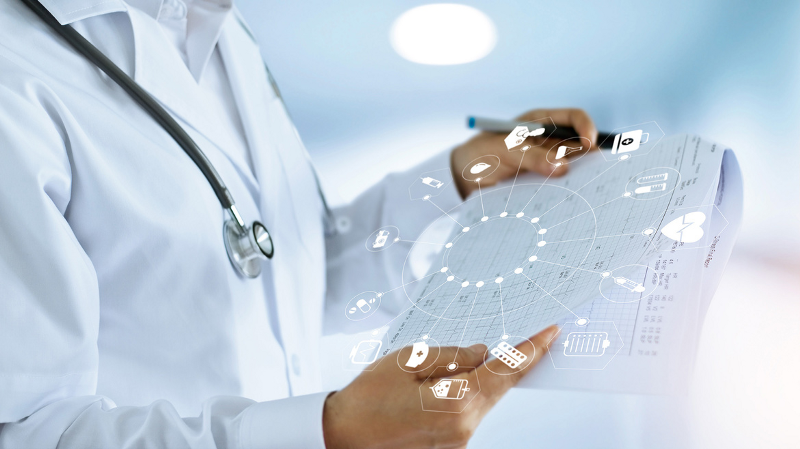Navigating medical device development at every stage
The Penn Health-Tech Center launched earlier this year with high hopes of connecting researchers across disciplines to create technologies that address the most pressing health care needs.

Oftentimes, clinicians will encounter obstacles or unmet needs in the medical field. Although they may have ideas for possible solutions to these obstacles, it can be challenging for them to take these concepts and turn them into concrete devices.
“No one person has the skillset and expertise to do this independently,” says Carolyn Wilkinson, associate director of the Translational Neuroengineering Laboratory at Penn. “Most people don’t have enough time, knowledge, or resources to move an idea to an actual device or technology. There are hurdles that can seem insurmountable if you’re trying to do it on your own.”
The Penn Health-Tech Center for Health, Devices, and Technology, a project Wilkinson is involved in that launched earlier this year, hopes to unite Penn’s strengths in medicine, engineering, business, and education to connect researchers across disciplines and provide a starting point for them to create technologies that address the world’s urgent health care needs.
“If clinicians have an idea for a device and don’t know where to start, Penn Health-Tech will give them a pathway for development, providing them with a list of all the resources available throughout the University,” Wilkinson says. “The main focus of the Center is trying to connect people from various schools, and unite Penn’s resources and disseminate information across the University.”
The Center launched in May with a symposium that presented speakers and projects that highlighted clinicians and engineers throughout the University who are working in this space. In November, the Center held another symposium, which featured national speakers from industry, regulatory affairs, and venture capital, all resources for device development.
Continue reading at the Penn Current.
